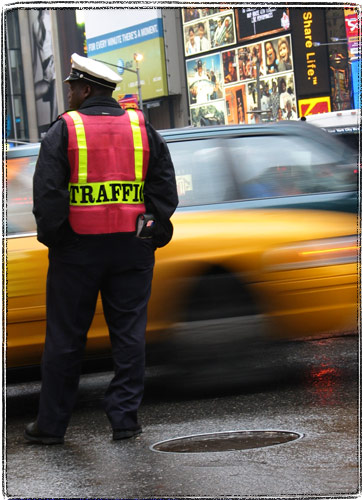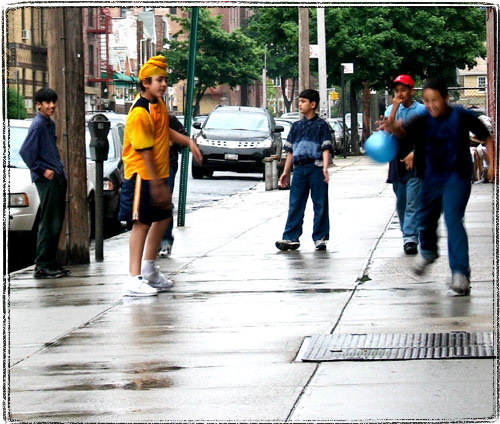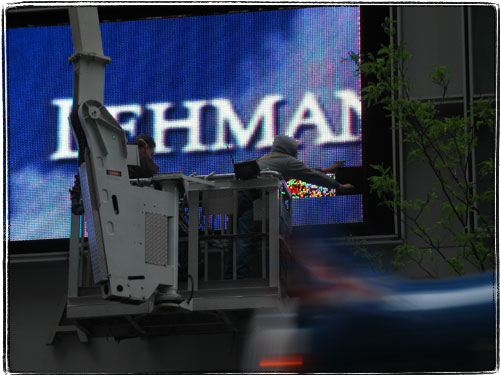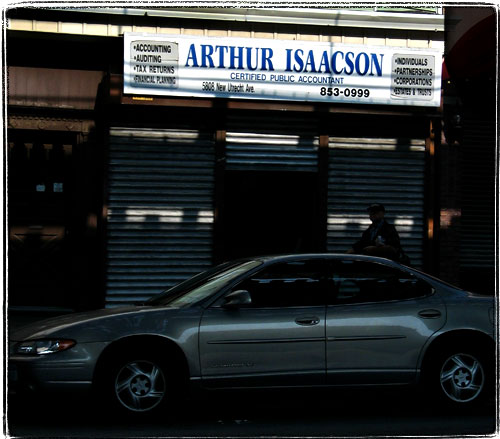I am reading Bob Cringely’s monumental rant, “Accidental Empires“. One thing that he mentions in the very beginning makes a lot of sense to me.
Cringely talks about the importance of short-term memory to programmers. He briefly mentions George Miller’s research and goes on to quote the Hungarian:
“I have to really concentrate, and I might even get a headache just trying to imagine something clearly and distinctly with twenty or thirty components,” Simonyi said. “When I was young, I could easily imagine a castle with twenty rooms with each room having ten different objects in it. I can’t do that anymore.”
Basically, Cringely says that while normal people have a short term memory of Miller’s magic 7 items, really great programmers have short term memory measured in the hundreds.
I always knew that my painfully average short term memory is a horrible handicap. For instance, my inability to hold a large number of items in memory was a big drawback in my fast food career. I did great as working in the Nathan’s Famous clam bar where there were only a few types of items that I had to sell (namely half-dozens of clams, clam chowder and drinks). But when I had to work the seafood counter where orders included frog legs, clam strips, shrimps, fish fillets, crab patties, hot dog nuggets, onion rings, french (freedom) fries, clam chowder , drinks and a bunch of other stuff I don’t remember anymore combined in all kinds of combos and specials — well, that was hard.
When I worked as a doorman, keeping track of hundreds of guests, contractors and delivery people entering and building was also pretty tough for me. This kind of made me realize that I would not be able to become an efficient physician because a) I would not be able to keep track of all of my patients and b) although I could pull a 48 hour shift, I was barely fit to operate the mop after 24 hours. I felt kind of like Apu during his 96 hour shift.
Woods: Hey, you’re Apu Nahasapeemapetilon, aren’t you? I mean, you’re
the — you’re like _the_ guy, you’re a legend around here. Can I
ask you, is it true you once worked 96 hours straight?
Apu: Oh yes, it was horrible I tell you. By the end I thought I was a
hummingbird of some kind.
Woods: Oh yeah, you know, I studied your old security tapes.
[On tape, Apu imitates a hummingbird, flying back and forth
across the screen and emitting a high-pitched humming noise]
Apu: In a few minutes, I tried to drink nectar out of Sanjay’s head.
In any case, my fabulous associative long term memory, you know, the thing that enables me to spout Simpsons references and remember little details from books that I read serves me very well. But I feel that the lack of short term memory is what stands between me and the greatness and glory of being a great hacker. That and some other organizational and focusing issues.
I really wonder if great hackers invariably possess abnormal short term memory. You know, I have no doubt that the greatest hackers of all time, Von Neumann and Tesla had tremendous short term memory which was different from that exhibited by circus performers. Not only could they remember thousands of objects, but they could also make machines or programs out of them, run them and debug them, all in memory.
But what about a programmer of lj user=jwz’s, avva’s or brad’s caliber? I bet an above average hacker must have above average short-term memory.
Anyway, it’s getting rather late and I can’t find any serious online memory tests. Maybe I’ll put one together myself later. Here are two simple ones:
Picture Test
Verbal test from some anti-drug site
[Added this note in the morning] Try not to use any special means of remembering – for instance grouping of objects in any way, making up a story with the items or words, etc. We are looking for an effortless and natural above average short term memory.
If you find a good memory test, let me know.




